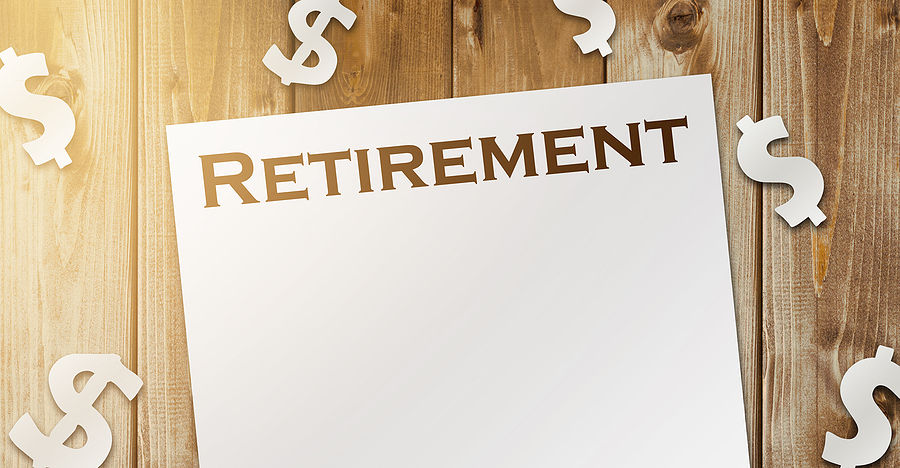When someone is facing a large amount of debt, it can be tempting to want to use all available resources to pay off that debt. Even if it means taking money out of retirement accounts. However, this could end up costing more than anticipated, delay retirement- and oftentimes the inevitable.
If bankruptcy is in your foreseeable future, the last thing you want to do is use assets that would otherwise be protected in bankruptcy to pay off debts that could be discharged in the bankruptcy case. Unsecured debt, such as credit card debt, personal loans and medical bills, end up being discharged at the end of a bankruptcy case, so it would not be worthwhile to use retirement savings to pay off these debts only to file for bankruptcy later.
Funds in your 401(k) are protected by federal bankruptcy law. While many assets can be used to pay off debts, retirement account funds are protected and cannot be touched under the Employee Retirement Income Security Act (ERISA). This law sets minimum protection standards for anyone who voluntarily contributes to a retirement account in the private sector. Florida also allows for exemptions for IRA accounts in bankruptcy.
The problem is many individuals try to avoid bankruptcy at all costs, and they see using assets, such as retirement savings, as an easy way to pay off debt. But this does not come without consequences. Taking money out of retirement accounts too early can have some negative tax implications. If you take money from a retirement account and are under the age of 59 ½, you can incur some tax penalties as a result, including a 10 percent early withdrawal penalty. Money should never be taken prematurely from your retirement accounts without first consulting a financial advisor and accountant.
If you are struggling to pay off debt, including credit cards, medical bills or personal loans, you should consult with an experienced bankruptcy attorney to discuss the real possibility that bankruptcy may be the best option for you. It is recommended that you consult these professionals before taking the money out of retirement accounts. We have filed bankruptcy petitions for clients with more in their retirement accounts than on their credit card statement. A Chapter 7 bankruptcy allows you to hold onto all of your retirement savings and keep every penny of your 401(k).
However, this is only the case if the money remains in your 401(k) retirement account. Removing funds from the 401(k) or any retirement account before filing for bankruptcy turns the funds from a protected asset to an unprotected asset. It is important to speak with an attorney, especially if you have recently lost your job and have considered pulling from your retirement savings to help pay for day-to-day living expenses.
Click here to read more.
If you have questions on this topic or are in financial crisis and considering filing for bankruptcy, contact an experienced Miami bankruptcy attorney who can advise you of all of your options. As an experienced CPA as well as a proven bankruptcy lawyer, Timothy Kingcade knows how to help clients take full advantage of the bankruptcy laws to protect their assets and get successful results. Since 1996 Kingcade Garcia McMaken has been helping people from all walks of life build a better tomorrow. Our attorneys’ help thousands of people every year take advantage of their rights under bankruptcy protection to restart, rebuild and recover. The day you hire our firm, we will contact your creditors to stop the harassment. You can also find useful consumer information on the Kingcade Garcia McMaken website at www.miamibankruptcy.com.

